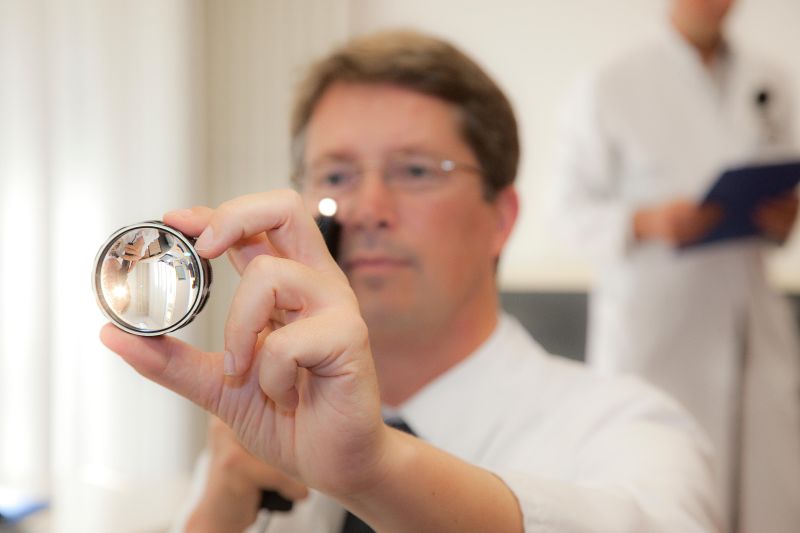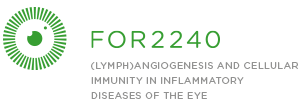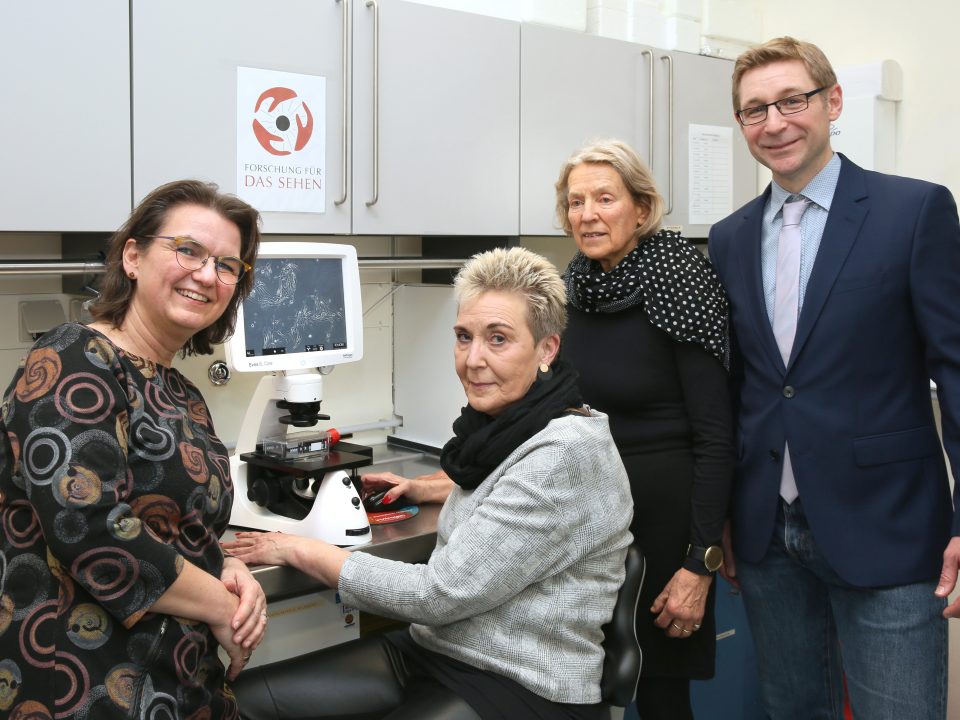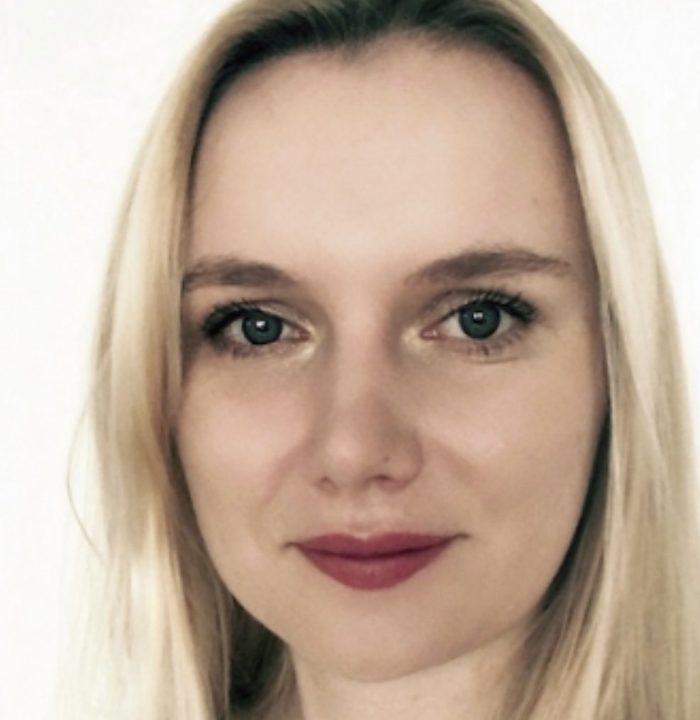Three million Euros for better vision for longer

Three million Euros for better vision for longer: German Research Foundation approves funding for a new research unit at University Hospital Cologne
Good vision is only possible when the anterior part of the eye is transparent. However, when inflammatory reactions in the eye occur, these lead to loss of transparency and sometimes even blindness. An example of such a reaction is the pathological formation of blood vessels and lymphatic vessels. To explore these dysfunctional processes and the diseases resulting from them, the German Research Foundation (Deutsche Forschungsgemeinschaft, DFG) has approved funding for a new research unit at the Department of Ophthalmology at the University Hospital of Cologne.
Dysfunctional inflammatory reactions are not only involved in a number of common eye diseases, such as dry eye, allergic conjunctivitis, or age-related macula degeneration, but also with various others, such as graft-versus-host-disease and immune reactions after corneal transplantation, uveitis, and tumor growth in the eye. The onset of many of these diseases is often found to occur in older people – they are age-related. Due to demographic changes, they will occur more frequently in the years to come.
The new research unit (FOR 2240) on the topic Angiogenesis, lymphangiogenesis and cellular immunity in inflammatory diseases of the eye at the Department of Ophthalmology at the University Hospital of Cologne, funded by the DFG, will use basic research methods to better understand the causes of these inflammatory reactions and will ultimately develop new treatments.
According to Prof. Dr. Cursiefen, the Chairman of the Department of Ophthalmology at the University Hospital Cologne, “what we are trying to do is to manipulate pathological blood- and lymphatic vessels as well as macrophages and microglia and by doing so, to develop new treatments for the quite various diseases of our patients, ones that are indirect and minimally invasive.”
The German Research Foundation will provide just under three million Euros over the next three years to fund the activities of the research unit headed by Prof. Dr. Claus Cursiefen and its Vice-Speaker, Prof. Dr. Thomas Langmann. Work being done at other locations in Germany will also be incorporated in the project. Support will come from researchers at the University Hospital of Erlangen-Nuremberg (Institute of Human Genetics and Department of Hematology and Oncology) and at St. Franziksus Hospital in Muenster (Uveitis Center of the Department of Ophthalmology), thus creating an interactional context on a national scale for scientists with a research focus on inflammatory lymphangiogenesis and inflammatory macrophages and microglia within the eye.
The research unit is making a special effort to recruit, include and retain female scientists, and young ones, as well as so-called Clinician Scientists. The latter are medical doctors who devote approximately 50% of their time to research and thus play a special role in transferring the insights of basic research into daily clinical practice. Two rotation positions have been approved for funding in order to give young eye doctors the chance to be a part of the new research unit. In addition, three principle investigators are junior scientists.
“The newly formed research unit is an excellent fit for the main research areas of our Department of Ophthalmology and our medical faculty. The study of age-related disease and that of the role of inflammation in disease have a strong tradition here. We are an international center for age-related eye diseases, such as glaucoma, cataract, macula degeneration, dry eye and diseases of the cornea”, remarks Prof. Cursiefen.
The center is part of one of the three largest university hospitals in Germany and provides facilities for clinicial trials, where currently 17 ongoing trials are being carried out. Research at the center is not only funded via the new DFG-funded research unit, but also receives support from other DFG-funded grants, two larger projects funded by the European Union, and Prof. Langmann’s endowed chair for Experimental Immunology of the Eye, supported by the Stock Foundation Cologne.
“We are extremely grateful to the dean, to the executive board of the University Hospital, and to the rectorate for their intensive support during the review process. This intensive support was crucial for our final success in the competitive application procedure”, notes Prof. Cursiefen.
On a last note, Prof. Cursiefen explains that “it is our goal to transfer the newly gained insights as quickly as possible into clinical applications. We hope that the DFG will approve an extension of the research unit in order to carry out the necessary clinical trials.”
15.12.2014
Translation of the following article:
http://www.uk-koeln.de/studium/aktuelles/aktuelles-details/fuer-laengeres-besseres-sehen-drei-millionen-euro/



